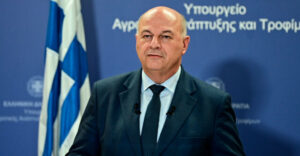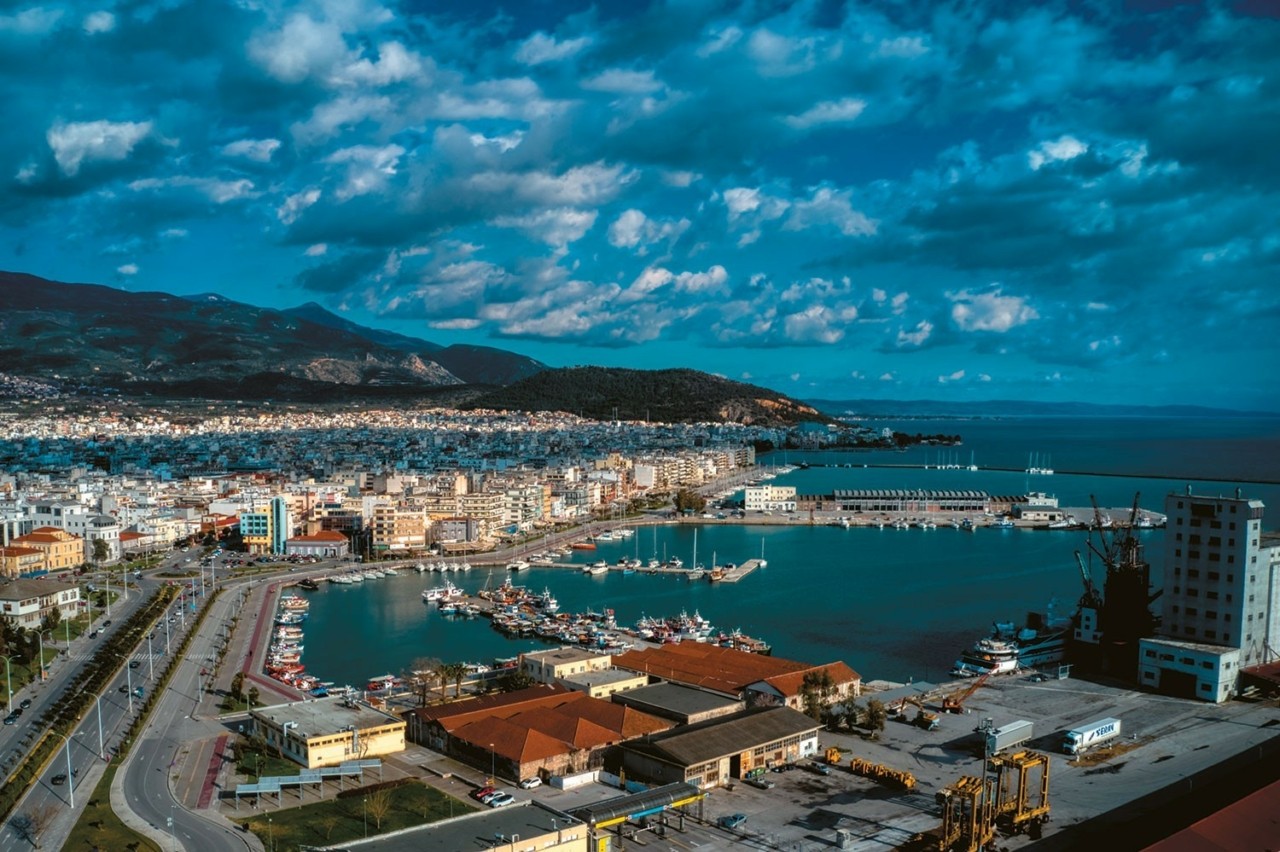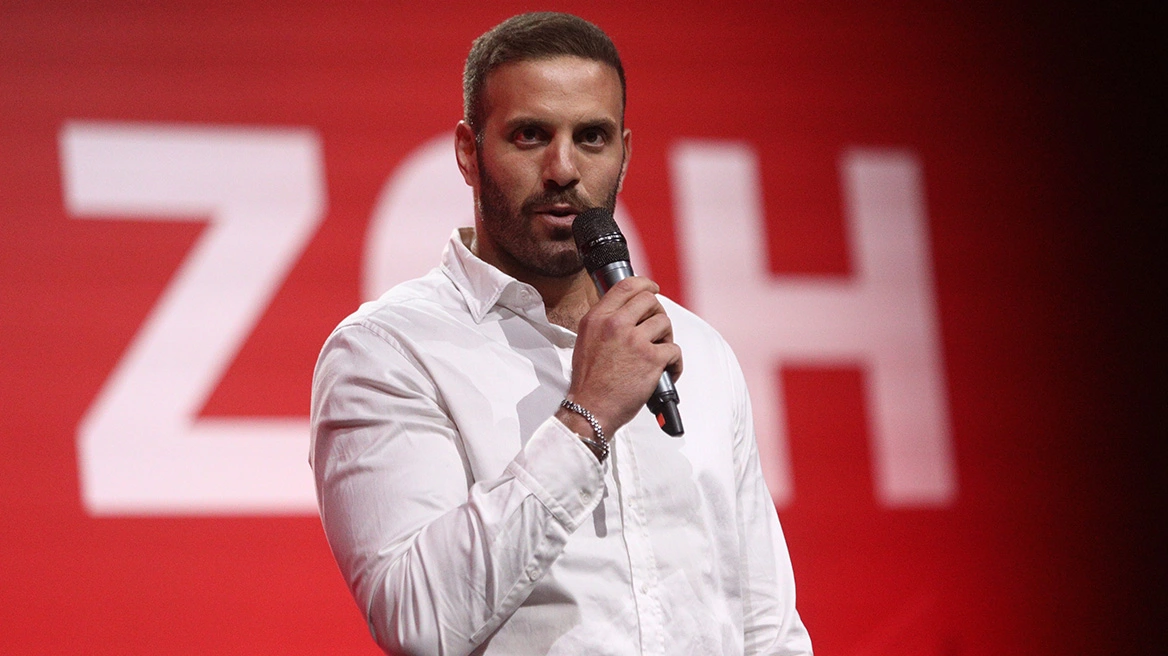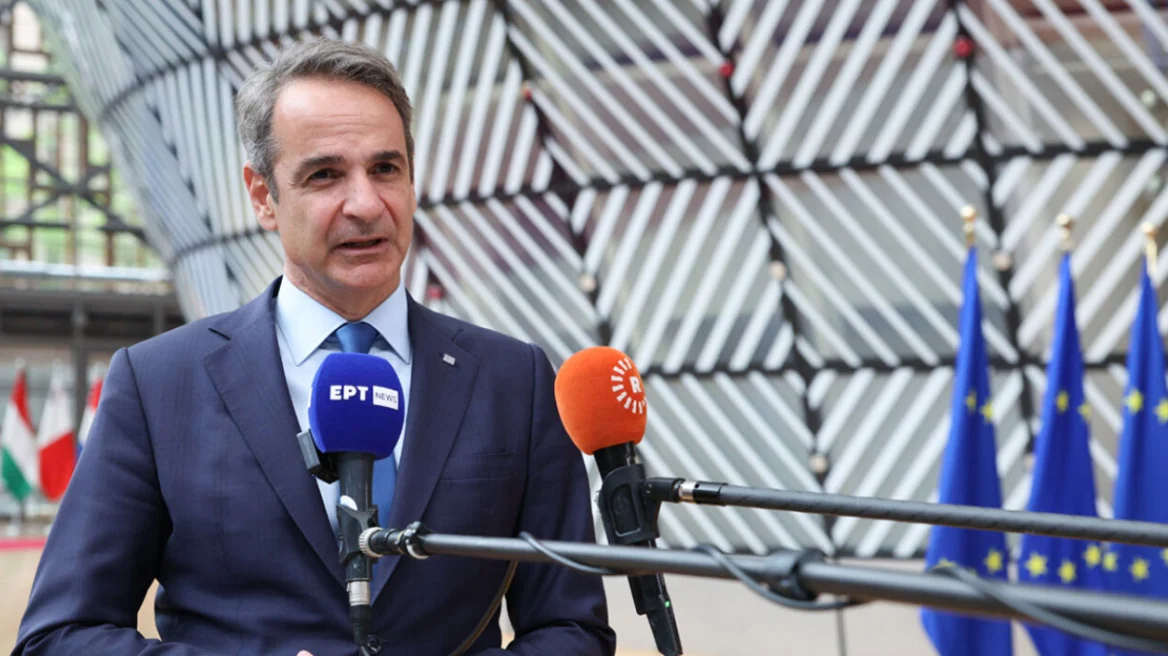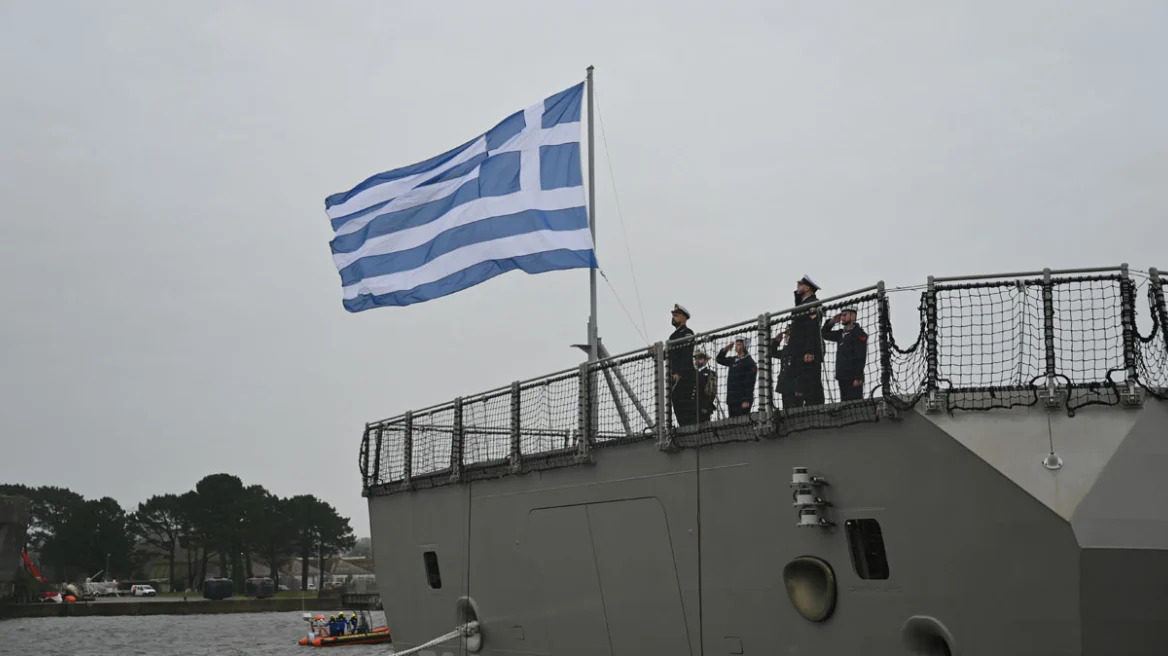A culture war over crucifixes and tortellini has been sparked after high-profile figures suggested making changes to everyday parts of Italian life in a bid to be more inclusive.
Italy’s new education minister, Lorenzo Fioramonti, provoked a fierce outcry from the Catholic Church and his political opponents on Tuesday by saying the country’s schools should no longer be required to display a crucifix in the classroom.
Mr Fioramonti, a political scientist from the Five Star Movement, was appointed education minister when the new coalition government was formed last month.
“I believe schools should be secular and allow all cultures to express themselves,” Mr Fioramonti told a Rai radio programme on Monday. “I would not display any symbol in particular.”
He also said it was better to display a map of the world on the classroom wall with excerpts of the Constitution than a photograph of the Italian president, Sergio Mattarella.
Italy’s Catholic bishops conference (CEI) and conservative politicians were angered by the minister’s comments, which illustrated a dramatic change in approach from the former deputy prime minister, Matteo Salvini.
Mr Salvini, who is still leader of the right-wing League Party, regularly came under fire for mixing religion and politics in office and kissing the crucifix in public. On Tuesday he hit back at the education minister.
“(It is) Our culture, our identity, our history, in every council office there is a crucifix and there’s trouble for anyone who touches it,” he said while campaigning in local elections in Umbria.
Mr Salvini also used Facebook to defend the iconic tortellini pasta after Matteo Zuppa, the Bologna archbishop and ally of Pope Francis, suggested the ring-shaped pasta should be filled with chicken instead of pork at an upcoming religious festival to promote cultural integration and be more “welcoming”.
Tortellini, which are originally from the northern Emilia-Romagna region surrounding Bologna, have traditionally been filled with a mix of pork loin and prosciutto even though vegetarian versions are common today.
“If an Italian went to an Arab country to teach them how to eat, drink and pray, how would they react?” Mr Salvini wrote on Facebook. “Denying our history in the name of a misunderstood ‘respect” is simply madness.”
Debate about the crucifix provoked a strong reaction from the CEI which described it as “one of the cultural roots of our civilization”. An editorial in the bishops’ daily, Avvenire, said the crucifix was a “symbol of universal brotherhood” and dismissed the schoolroom debate as “useless”.
Mariastella Gelmini, a former education minister and close ally of Silvio Berlusconi in his Forza Italia party, said “The crucifix is not a piece of furniture but testimony to the roots of our country”.
But Debora Serracchiani, an MP from the ruling center-left Democratic Party, called for a speedy end to the crucifix debate .
“There are too many problems to resolve in our schools before getting engulfed in a moral debate that we have already seen,” she said. “This government already has real issues to face and all our energy should be focused on that.”
Around 80 percent of Italy’s population are Catholic, and the role of the crucifix in schools and public places has been the subject of several court cases and virulent political debate over the years.
Last year Mr Salvini’s party proposed legislation making it compulsory to display the religious symbol in public buildings or face fines but it was not approved by the parliament.
In 2009 the European Court of Human Rights ruled that crucifixes in Italian classrooms were a violation of religious and educational freedoms!…
Source: yahoo
Ask me anything
Explore related questions

